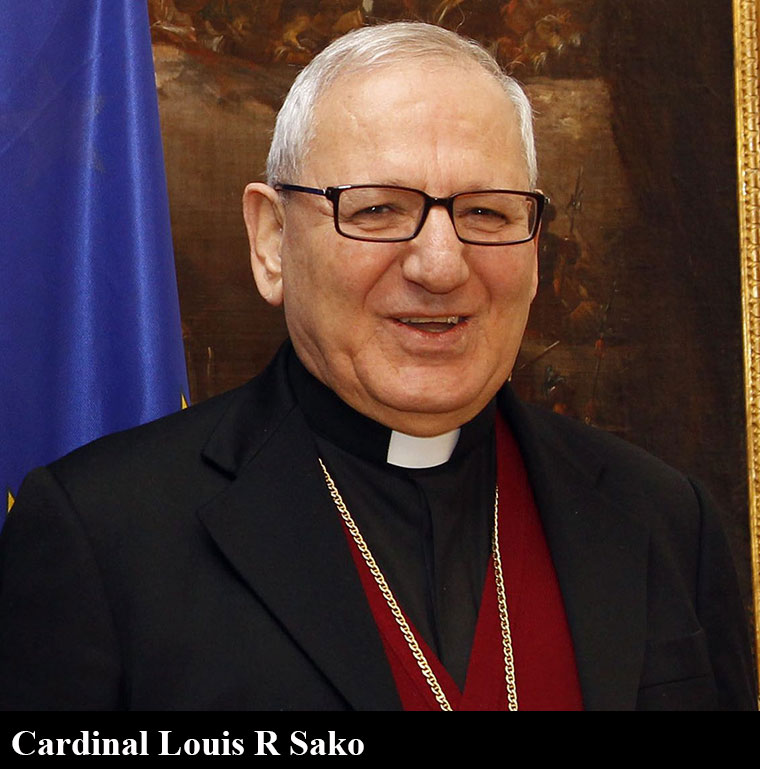IRAQ
“A strong coalition government is needed to remove weapons from sectarian militias” -Patriarch Sako
Chaldean Patriarch Louis Raphael Sako addressed a letter to all Iraqi politicians and the diplomatic delegations present in Iraq, highlighting their responsibility in the face of the political-institutional paralysis which Iraq is in after the 12 May elections.
The Patriarch’s letter consisted of 10 key points, starting with the fact that the West’s promises to justify the US military intervention against Saddam Hussein’s regime as a tool to “export democracy” to Iraq have failed.
Sako said that succeeding governments in Iraq “have failed to adequately build the Country on the right way” and to develop a comprehensive plan to get out of the sequential crises. He referred not only to conflict, violence and terrorism but also “lack of services, unemployment, the scourge of corruption, the decline of the economy”.
There is growing discontent as a result of the economic crisis and rationing of water and electricity during the hot summer. This is increasingly being expressed in street protests and attacks on party seats and buildings of power, such as those which occurred in recent weeks in the south of Iraq.
Sako warned that Iraq is facing a disastrous situation and the formation of a “strong coalition government” is urgent, before “it is too late.” Future rulers will have to face the emergence of armed groups organised on an ethnic-religious sectarian basis that still dictate law in large areas of the country. To deal with this, the government must reserve the use of weapons “to national army and the federal police”, strengthened “the role of the military institutions” and guarantee their absolute autonomy with respect to political forces and sectarian groups.
The Patriarch advises reforming the Constitution and the laws, by adopting them to the “principle of citizenship” and absolute ‘rooting’ to the homeland rather than religious or sectarian affiliation. He also suggests reducing the number of members of Parliament and providing them with appropriate training programmes.





